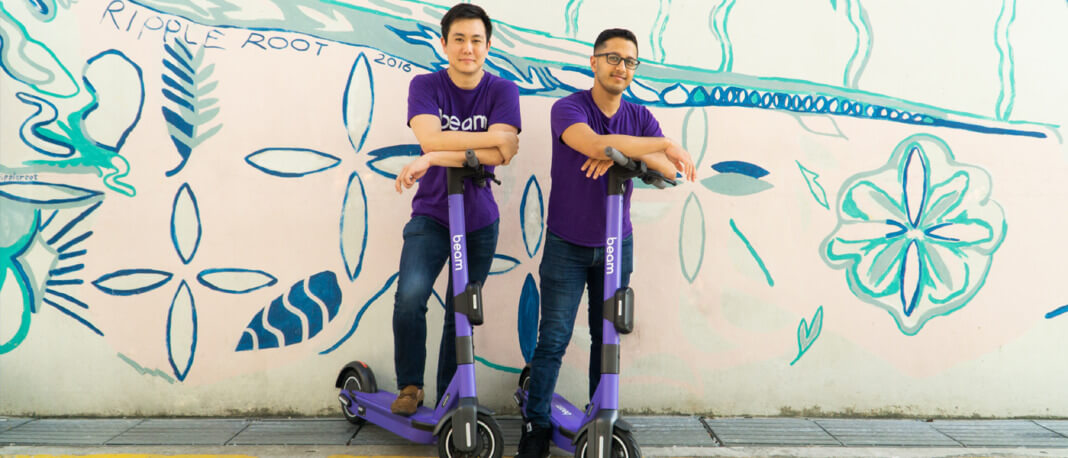Despite extensive lockdown measures and efforts to curb the SARS-CoV-2 virus, the outlook of the COVID 19 pandemic seems bleak as countries all over the world are still reporting active cases. Experts believe that this is an indication that the virus has possibility mutated, and its tenacious spread is likely to persist beyond 2020 or until a viable vaccine is found.
Compared to the 2002 – 2004 SARS virus, the SARS-CoV-2’s is more difficult to eradicate due to its higher infection rate, lower mortality rate and incubation period. Although some countries have attempted to respond to these challenges by using technology to create contact-tracing solutions, such characteristics have allowed the virus to transmit largely undetected across communities via asymptomatic hosts and this undermines the efforts of governing bodies to reliably detect the virus in time. Given that proximity to an infected individual would increase the chances of someone contracting the virus, this necessitates the need for social distancing and a recognition that there will be a fundamental change to how we live, particularly with respect to socializing vis-a-vis.
Prior to the COVID19 pandemic, the World Economic Forum had forecasted that the Asian economy is set to overtake global GDP in 2020. The rising affluence in the region would explain the increase in smartphone penetration which analysts at Gfk reporting that it grew by 4% in 2019 despite a decline in global demand for smartphones. With 97 million units sold, it brought the industry a total of US$23 billion. Malaysia and Thailand led the growth with both having a rise of 13% in adoption rates, and Singapore following closely behind at 11%.
In a move that would capitalize on the increase in the region’s smartphone sales, Google has unveiled Sodar – experimental app that utilizes Augmented Reality (AR) to help users adapt to safer social interactions in their daily lives while respecting social-distancing measures. As a Chrome extension, Google shares that it uses “WebXR to help visualize 2m social distancing guidelines in your environment.” The app is currently exclusive to Android users who would have to scan the QR code displayed on the Sodar website to launch the application. Upon activation, users would simply need to tilt their phone camera downwards so that the app can detect the floor’s surface and reveal the 2m radius.
There has been some debate on how much distance is enough. The World Health Organization states that a distance of 1m would be safe but some countries are adopting measures ranging from 1m to 2m. Perhaps in a bid to be as safe as possible, Sodar would be displaying the 2m measures for users. With regards to privacy concerns in using Sodar, users would need to provide their permission upon launching the app via the website https://sodar.withgoogle.com/. A pop-up will appear informing the users that the app would be able to create a 3D map of their environment and use the phone’s camera to track motion. Users can then “Cancel” or permit the app to launch by clicking “Enter AR”.
In Singapore, the government has announced a phase-by-phase plan to re-open the economy. Although some businesses in essential industries are permitted to re-open in the initial Phase 1 from 2nd June, they would have to comply with directives aimed at ensuring the safety of consumers. It is not an unusual sight now to have public spaces demarcated to comply with the social-distancing ruling. As countries begin to lift lockdown restrictions in an attempt to cautiously re-open the economy, Sodar would be a helpful tool for users and businesses to move forward while navigating social-distancing restrictions.





